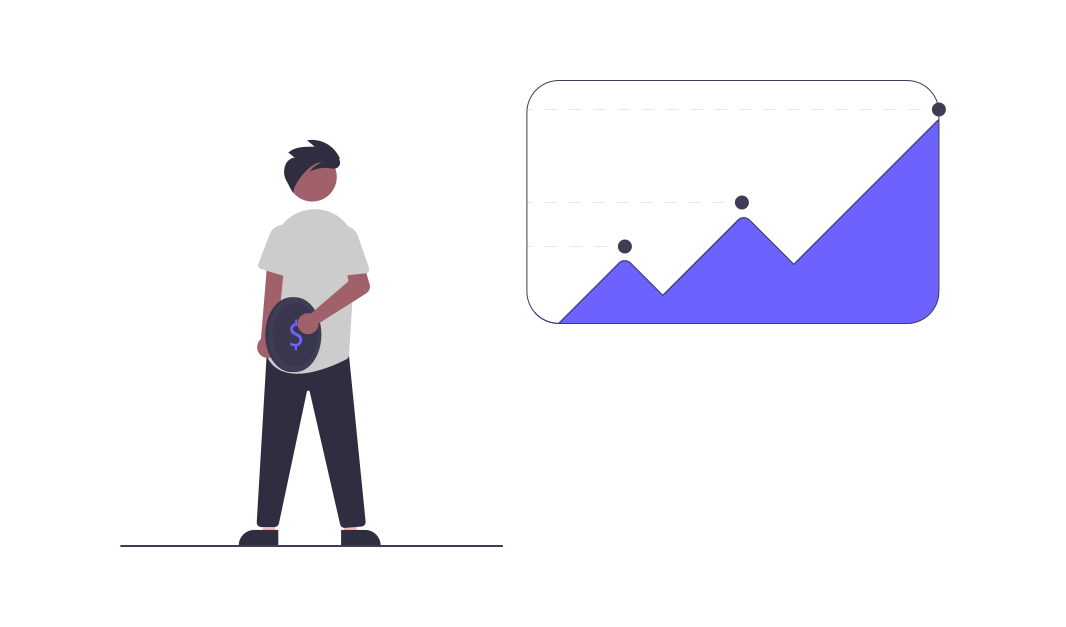In today’s digital landscape, businesses are increasingly leveraging advanced technologies to enhance their marketing strategies and improve customer experiences. One such groundbreaking innovation is the use of ChatGPT-driven personalization. This sophisticated AI tool is revolutionizing the way companies collect data, understand customer preferences, and engage clients. In this blog, we'll delve into the journey from data collection to client engagement and explore the profound impact ChatGPT can have on your marketing efforts.
The Evolution of Data Collection
Data collection has always been a cornerstone of effective marketing. However, traditional methods often involve manual processes, making them time-consuming and prone to errors. ChatGPT-driven personalization changes this paradigm by automating and refining the data collection process. Here’s how:
Automation and Efficiency
ChatGPT can automate data collection through various interactions with users across different touchpoints. Whether it’s through website chats, social media interactions, or email correspondence, ChatGPT can gather vast amounts of data efficiently and accurately.
Enhanced Data Accuracy
AI-driven data collection reduces human error, ensuring that the information gathered is precise. This accuracy is critical for developing personalized marketing strategies that resonate with individual customers.
Real-Time Data Insights
With ChatGPT, data collection isn’t just automated but also happens in real-time. This immediacy allows businesses to stay updated with the latest customer preferences and trends, enabling timely adjustments to marketing strategies.
Transforming Data into Insights
Collecting data is just the first step. The real value lies in transforming this data into actionable insights. ChatGPT excels in analyzing large datasets to uncover patterns and trends that might not be immediately apparent. Here’s how it works:
Advanced Analytics
ChatGPT uses advanced analytics to process and interpret data. By leveraging machine learning algorithms, it can identify correlations and predict future behaviors, providing valuable insights for decision-making.
Customer Segmentation
One of the significant benefits of ChatGPT-driven personalization is its ability to segment customers based on various criteria such as demographics, behaviors, and preferences. This segmentation is crucial for targeted marketing campaigns.
Predictive Analytics
Predictive analytics powered by ChatGPT can forecast customer needs and preferences, allowing businesses to proactively address them. This foresight can significantly enhance customer satisfaction and loyalty.
Crafting Personalized Experiences
Once insights are derived from data, the next step is to use them to create personalized customer experiences. ChatGPT plays a pivotal role in this phase by enabling businesses to tailor their interactions and offerings to individual clients.
Customized Content
ChatGPT can generate personalized content for each customer, whether it’s through emails, website messages, or social media posts. This customization ensures that the content is relevant and engaging for the recipient.
Personalized Recommendations
By analyzing past interactions and preferences, ChatGPT can offer personalized recommendations, whether it’s products, services, or content. These recommendations can significantly enhance the customer experience and drive conversions.
Dynamic Customer Interactions
ChatGPT can engage customers in dynamic, real-time conversations, providing them with the information they need when they need it. This level of interaction can lead to higher engagement and satisfaction.
Engaging Clients Through Multi-Channel Campaigns
Effective engagement requires reaching customers through various channels. ChatGPT supports multi-channel marketing strategies, ensuring a seamless and consistent customer experience across all touchpoints.
Omnichannel Presence
ChatGPT enables businesses to maintain an omnichannel presence, engaging customers through websites, social media, email, and more. This comprehensive approach ensures that customers can interact with the brand on their preferred platforms.
Consistent Messaging
Consistency is key to effective engagement. ChatGPT ensures that the messaging across different channels is uniform, reinforcing the brand’s identity and values.
Adaptive Campaigns
ChatGPT-driven personalization allows for adaptive campaigns that can be modified based on real-time data and customer responses. This flexibility ensures that marketing efforts remain relevant and effective.
Measuring Success and Continuous Improvement
The final piece of the personalization puzzle is measuring the success of the strategies implemented and continuously improving them. ChatGPT offers robust tools for tracking performance and making data-driven decisions.
Performance Metrics
ChatGPT can track various performance metrics such as engagement rates, conversion rates, and customer satisfaction scores. These metrics provide a clear picture of the effectiveness of marketing campaigns.
Feedback Analysis
Customer feedback is invaluable for continuous improvement. ChatGPT can analyze feedback to identify areas for enhancement, ensuring that the personalization strategies evolve based on customer needs and preferences.
Iterative Refinement
The insights gained from performance metrics and feedback analysis can be used to iteratively refine marketing strategies. This continuous improvement loop ensures that personalization efforts remain cutting-edge and impactful.
Conclusion
ChatGPT-driven personalization represents a significant advancement in the realm of digital marketing. By transforming the way businesses collect data, generate insights, and engage clients, ChatGPT enhances the overall customer experience and drives better marketing outcomes. As AI technology continues to evolve, the potential for ChatGPT in personalization will only grow, offering businesses even more opportunities to connect with their customers on a deeper level.


